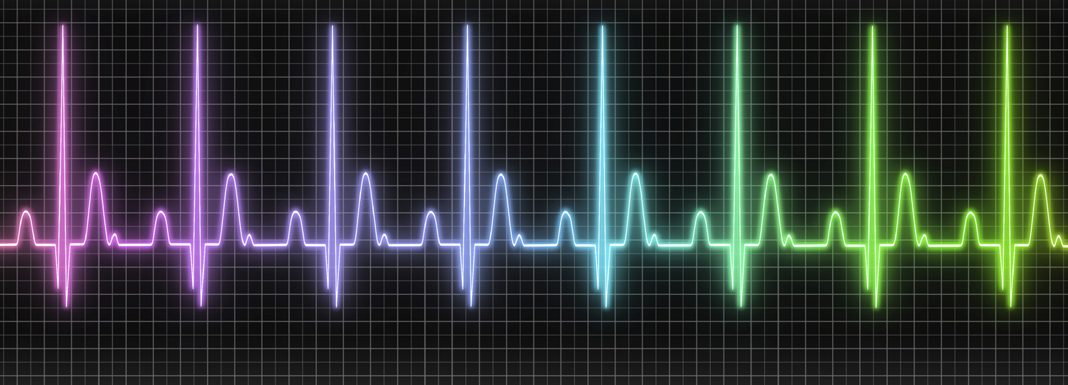More than one hundred million North Americans have taken statin drugs that help to save lives by lowering cholesterol and preventing heart attacks. Ten to 20 percent of people who take statins have been reported to have suffered muscle pain (NEJM, March 8, 2012), but a recent study from the UK claims to show that statins are no more likely than a placebo to cause muscle pain (BMJ, Feb 24, 2021;372:n135). I believe that this study should not be used to contradict the results of a large number of studies that show that statins can cause muscle pain and muscle damage:
• The researchers did not perform blood tests to measure muscle damage. These tests can be performed routinely in any doctor’s office.
• They used a very low dose of atorvastatin (brand name Lipitor) that would miss the muscle damage that has been reported repeatedly with higher doses, which would have caused far more muscle pain and damage.
Statin-Related Muscle Pain in Exercisers
People who take statins usually do not suffer muscle pain unless they exercise (Exerc Sport Sci Rev, 2012;40:188-194)). Heavy exercisers and competitive athletes appear to be at increased risk for statin-induced muscle damage (Amer J of Med, May 2006;119(5):400-409). Athletes train by “stressing and recovering”: taking a hard workout that damages muscles, feeling sore on the next day, and taking easy workouts until the soreness disappears and muscles heal. Statins can increase muscle damage normally caused by exercise (Am J Cardiol, January 2012;109(2):282-7), and can delay muscle recovery (Wiener Klinische Wochenschrift, 2002;114(21-22):943-944), so you are not able to take as many intense workouts on statins. This prevents athletes from competing at their best or gaining the most health benefits from exercising. Statins are also associated with increased tiredness during exercise. (An of Intern Med, June 11, 2012).
Statins can interfere with the energy sources for muscles (J Am Coll of Cardiol, Jan 2013;61(1):44) by inducing a potentially harmful SR Ca2+ leak from muscle fibers that might trigger muscle pain in susceptible individuals, but could be prevented by moderate exercise (JACC: Basic to Translational Science, Aug 2019;4(4):509-523). Statin drugs can cause muscle injuries in exercisers, and the people most likely to suffer muscle pain are the ones who exercise the most (Muscle and Nerve, Oct 2010;429(4):469-479). In one study, 13 percent of patients with muscle pain required hospitalization for muscle damage (Arch of Intern Med, Dec 12, 2005;165(22):2671-2676). Most patients recover from this muscle pain soon after stopping statins, but on rare occasions, the muscles can burst and release large amounts of myoglobin that can travel to the kidneys to cause kidney failure.
Treatment for Statin-Related Muscle Pain
• A 2020 review concluded that CoQ10 supplements did not reduce statin-induced muscle soreness (J. Atherosclerosis, Apr 2020;299:1-8)
• You may need to switch to other drugs to lower cholesterol, such as ezetimibe, to reduce cholesterol absorption; fibrates, to reduce blood triglycerides and increase high-density lipoprotein (HDL); nicotinic acid, to raise HDL cholesterol; or bile acid sequestrants.
• Check your hydroxy vitamin D vitamin D3 level. If it is below 30 ng/mL, you are deficient and should take vitamin D3 at a dose of about 2000 IU/day for a month (Scand J of Med & Sci in Sprts, April 2010). Low levels of vitamin D increase risk for muscle damage (J of the Internat Soc of Sports Nutrition, Nov 11, 2020;17(53)).
• Ask your doctor to check your thyroid function.
My Recommendations
Statins do prevent heart attacks and save lives. If you are on statins to treat high cholesterol, realize that they can cause muscle pain and weakness. If you develop muscle pain while on statins, do not stop your medication but call your doctor immediately. Stopping statins can raise cholesterol levels and increase risk for clotting and heart attacks. Your doctor may try reducing the statin dose or prescribing a less potent statin. You should also avoid alcohol and be checked for low vitamin D and low thyroid function.
Many people are able to lower their high cholesterol without taking drugs:
• Eat a plant-based diet with plenty of vegetables and fruits
• avoid red meat, sugared drinks, sugar-added foods and fried foods
• lose excess weight
• exercise daily
• keep blood levels of vitamin D above 30ng/mL
See Statins and Alternatives to Lower Cholesterol


